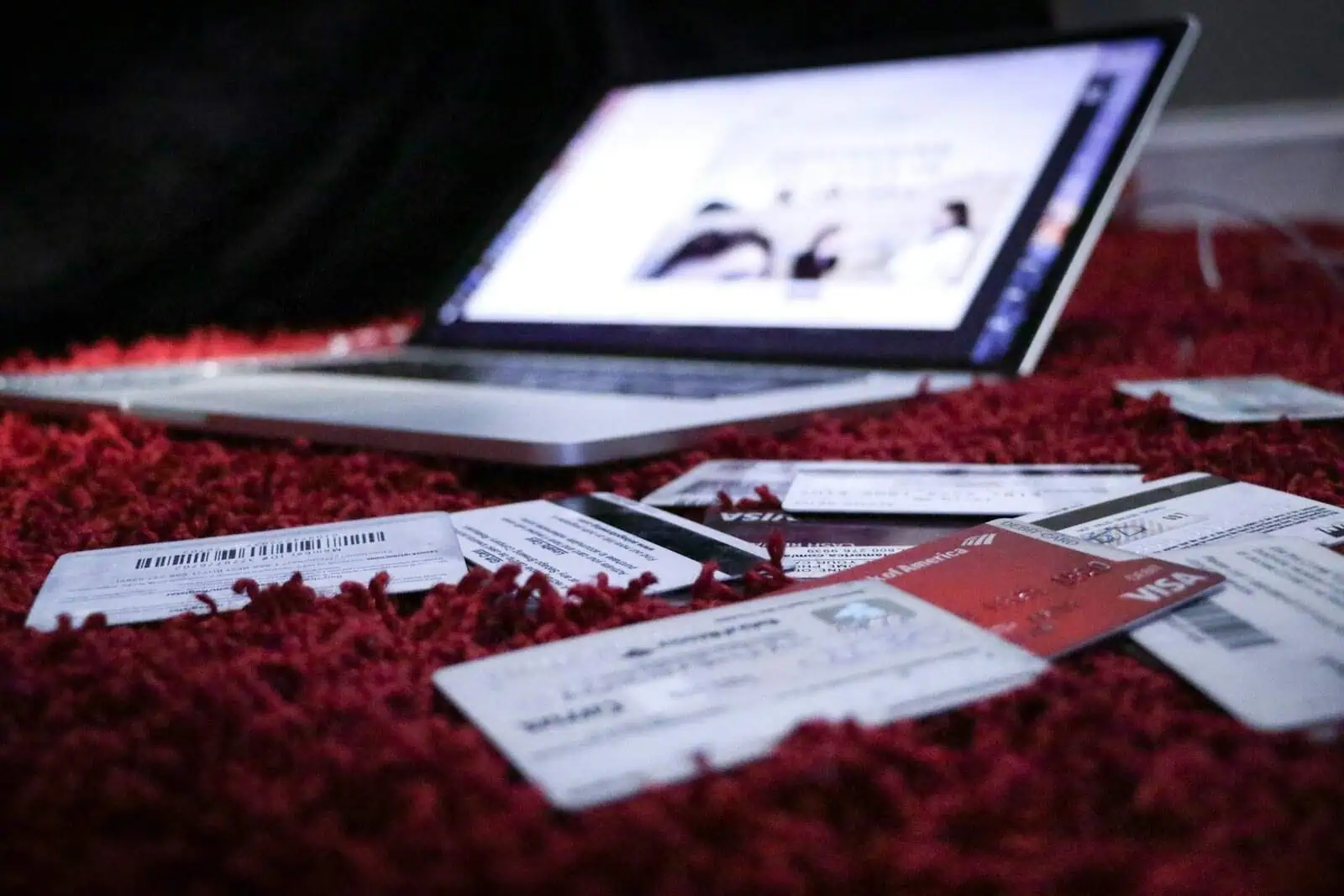Debt is something that gets bigger the longer you ignore it. While it’s tempting to bury your head in the sand, taking a proactive approach is the only way to regain control. Understanding your debt, addressing it one step at a time, and making smart financial choices can put you back on track and relieve that burden.
Start with a clear picture of what you owe
Before you can make meaningful changes, you need to understand your financial situation. Gather all your bills and statements – loans, credit cards and any other outstanding debts – and write down the total amounts, interest rates and monthly payments. Seeing everything laid out like this can help you identify where you can make the biggest impact sooner.
For example, if you have multiple credit cards and outstanding balances, it’s crucial to know which ones carry the highest interest rates. These are often the ones that will drain your finances the quickest, so focusing on them can give you faster results.
Consider debt consolidation to make payments simpler
One option that can help make tackling debt more manageable is debt consolidation. By combining multiple debts into one, you only have to focus on one payment each month, which can reduce the chances of missing deadlines. You could also secure a lower interest rate, meaning you’ll pay less over time.
Imagine you have three lines of credit with different interest rates and monthly payments. Consolidating them into a single loan could give you a clearer repayment path. This strategy can be especially helpful if you’re struggling to juggle multiple due dates.
Set a realistic budget – and commit to it
Creating a budget is fundamental to any financial plan. Track your income and expenses to assess where your money goes every month. You’ll probably be surprised by how much you’re spending on things you don’t really need or want. Cutting back on unnecessary expenses allows you to free up more money to pay off your debts.
Think about it this way: if you cut down on eating out or reduce your subscription services, that extra money can go directly toward paying off your debts. It doesn’t have to be a drastic lifestyle change, but even small adjustments add up over time.
Stay patient and keep the finish line in sight
Reducing debt is rarely a quick fix. It takes time and effort, but staying disciplined is the key to success. As you take steps forward, celebrate the small wins. Each payment you make brings you closer to your goal of being debt-free. Keep track of your progress to stay motivated, and remember: the effort will pay off in the long run.

